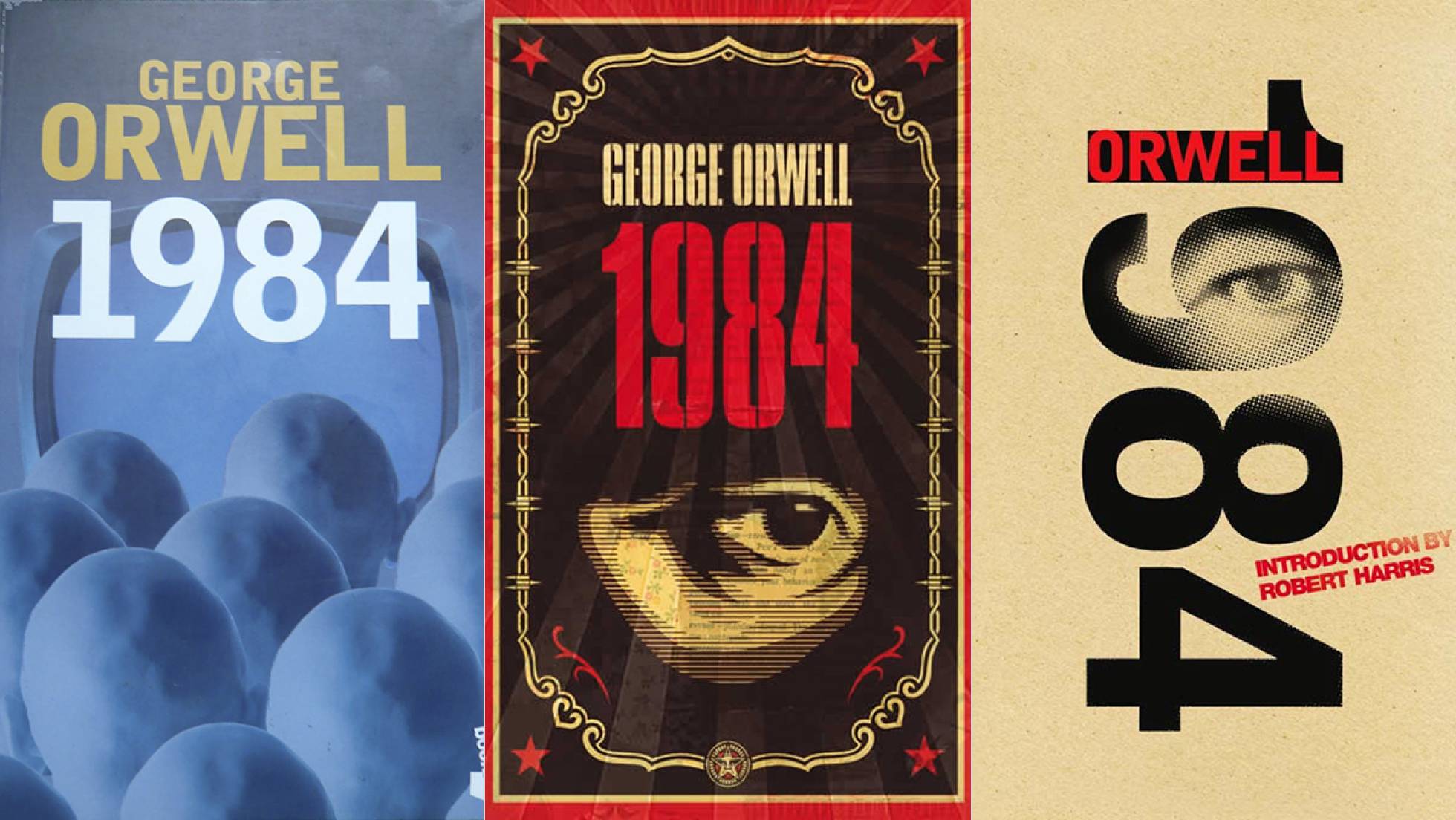
Orwell’s work about a dictator is the only classic novel among the 50 best-selling books in Spain in 2016.
When he wrote “1984,” George Orwell wasn’t thinking about a future society, only the present. His dystopia wasn’t intended as a metaphor but as a description of the totalitarianism of the 20th century, above all Stalinism. Nonetheless, this book, written in 1948, has again become a point of reference in the Donald Trump era, where post-truth and “alternative facts” have taken over politics. The novel by the British author, who was born in 1903 and died in 1950, has risen to be one of the best-selling books in the United States on Amazon, the digital giant of online commerce. The phenomenon has also reached Spain.
A collection of Spanish bookshops, grouped together on the platform LibriRed, this week published a list of the 50 best-selling books of 2016. The statistics cover sales from some 600 establishments, including numerous independent bookshops and also large chains such as Casa del Libro and Librerías Elkar. The list only includes one classic novel, “1984,” translated by Miguel Temprano García, with a prologue by Umberto Eco.
In the U.S. the phenomenon is even stronger. A spokesperson for the publishing house Signet Classics that currently publishes “1984,” told National Public Radio that since the 45th president took office, “sales have increased almost 10,000 percent.” Today, Thursday, it still occupies the No. 1 position on the list of best-sellers on amazon.com (with more than 4,000 comments) and it is No. 16 on the list of best-sellers on amazon.es.
“It’s not that the United States has become Oceania,” the country where “1984” is set, explained Alex Woloch, professor of literature at Stanford University and author of “Or Orwell: Writing and Democratic Socialism.” “Freedom of expression has not been suppressed, neither censorship nor a system of mass surveillance has been imposed, nor have people been executed for political reasons,” he continued. “But Trump’s nationalism, his authoritarian rhetoric and especially his aggressive ignorance of the truth have set off alarm bells, above all his discrediting of his enemies. All of this brings us to Orwell and the way in which he insisted that lies are lies and that facts matter.”*
Orwell talks in his book of a “newspeak” and his main character works in the Ministry of Truth, which deals with establishing what is false and what is true. Truths are defined by the State, not the citizens. These concepts are quite disturbing at present, at a time when one of Trump’s main advisers, Kellyanne Conway, his campaign manager and presidential advisor in the White House, has coined the phrase “alternative facts,” which basically consists of denying empirical evidence, as happened with the controversy surrounding the number of people that attended the inauguration. One of the comments about the book on Amazon, written on Jan. 23, said: “Today Kellyanne Conway announced that we were given alternate facts. Shades of changing the past and controlling the present. Get ready to party like it’s 1984.”
Yesterday afternoon, the editor of The Washington Post, Martin Baron, reminded those present at a conference in Madrid, in the Fundación Rafael del Pino, of the relevance of the novelist and essayist’s work by stating that the “alternative facts” remind him of “1984:” “The Party told you to reject the evidence of your eyes and ears.”
With Orwell, the Ministry of Truth is concerned with establishing facts that must be true for citizens constantly watched by Big Brother. One of Orwell’s many insights in the book is the omnipresence of television, which is not only watched, but is also used to watch those who are watching. “Newspeak,” which serves to simplify the way citizens express themselves and so avoid undesired feelings and thoughts, is defined by Orwell at the end of the book: “The purpose of Newspeak was not only to provide a medium of expression for the world view and mental habits proper to the devotees of Ingsoc,** but to make all other modes of thought impossible. It was intended that when Newspeak had been adopted once and for all and Oldspeak forgotten, a heretical thought — that is, a thought diverging from the principles of Ingsoc — should be literally unthinkable, at least so far as thought is dependent on words.”
Other concepts coined by Orwell in his novel include policing thoughts, “double think” or the mutability of the past. He also describes what he calls “Two Minutes Hate,” which is profoundly echoed in the venomous speeches or tweets directed at anyone who thinks differently or is different from President Trump. These “Two Minutes Hate” consist of offering all citizens the image of the archenemy of the State, Goldstein, who defended aberrant concepts such as “freedom of speech, freedom of the Press, freedom of assembly, freedom of thought.”
It is not the first time, not by a long shot, that “1984” has experienced a boom due to its ability to reflect reality. In 2013, when Edward Snowden’s revelations about massive U.S. espionage emerged, the novel jumped onto the lists of best-sellers. In the prologue to the Spanish edition, Eco writes: “The book is a shout of alarm, a call for attention, a condemnation, and because of this it has fascinated millions of readers all over the world.” Surely, not even Orwell himself suspected the continued relevance of his work today.
*Editor’s note: These remarks by Alex Woloch, although accurately translated, could not be independently verified.
**Editor’s note: Ingsoc, Newspeak for English Socialism, is the political ideology of the totalitarian government of Oceania in “1984.”

Leave a Reply
You must be logged in to post a comment.